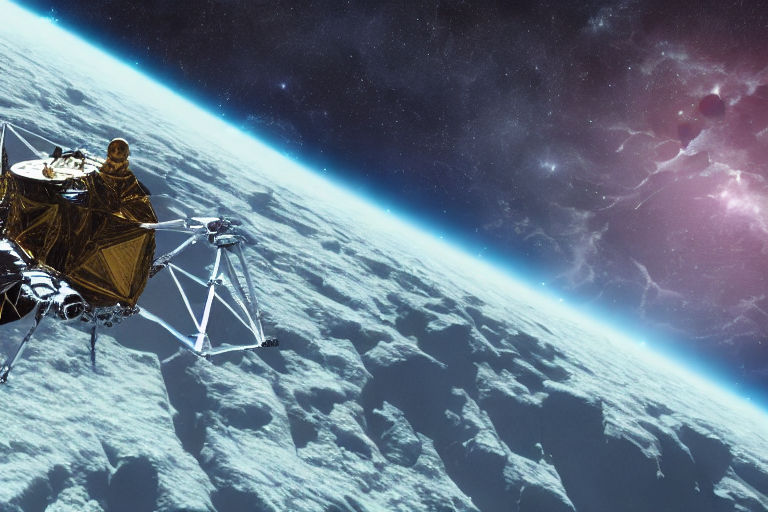Challenges Facing AI Advancements in Space Exploration
Artificial intelligence (AI) is rapidly evolving and transforming various industries, including space exploration. Organizations such as NASA and SpaceX have already incorporated AI in their missions, but there are still significant challenges that must be addressed to unlock the full potential of AI in space exploration. In this post, we will discuss some of the key challenges facing AI advancements in space exploration.
Limited Resources
One of the most significant challenges facing AI in space exploration is limited resources. Space travel requires careful planning to ensure that the necessary resources such as oxygen, food, and water are available throughout the mission. AI systems can help to optimize resource allocation, but they also require substantial computational power and energy. In space, energy and computing resources are limited, making it challenging to develop AI systems that can accomplish complex tasks with constrained resources.
Communication Delays
Another major challenge facing AI advances in space exploration is communication delays. Space probes and rovers are operated from Earth, which means that commands and updates must be transmitted over long distances. Depending on the distance, communication delays could range from several minutes to over an hour. This delay can make it difficult to operate AI systems in real-time, especially in complex environments such as Mars.
Autonomous Decision-Making
Autonomous decision-making is an essential aspect of AI in space exploration. AI systems must respond quickly and accurately to unexpected events or anomalies, which is difficult to achieve given the difficulties with communication. Experts need to balance the level of autonomy of the AI system to make sure they don't make any dangerous decisions on their own.
Data Collection and Analysis
Space exploration generates vast amounts of data, making it a challenge to store, transmit, and analyze it. AI systems can help with data collection and analysis by providing insights into the data that can't be easily obtained by manual analysis alone. The challenge here is that the AI models must be trained with good quality data to give the correct output when they encounter new data during their space exploration.
Conclusion
Artificial intelligence is a rapidly evolving technology that has tremendous potential to revolutionize space exploration. However, there are significant challenges that must be addressed to unlock its full potential. Limited resources, communication delays, autonomous decision-making, and data collection, and analysis are significant barriers that researchers must overcome to advance AI and drive our exploration of space forward. Researchers must continue to develop innovative solutions to overcome these challenges while nurturing the growth of AI in space exploration.



